Introducing Iboga (Tabernanthe Iboga) – Extra Strong Finely Powdered Root Bark from Cameroon,
The history and culture surrounding Iboga (Tabernanthe iboga) are deeply rooted in the traditional practices and spiritual beliefs of indigenous peoples in Central West Africa, particularly among the Bwiti religion of Gabon. Here’s an overview of Iboga’s history and cultural significance:
- Traditional Use in Spiritual Ceremonies:
- Iboga has been used for centuries in traditional Bwiti ceremonies as a sacrament to induce spiritual experiences, promote healing, and facilitate rites of passage.
- Bwiti practitioners, known as Bwiti or Nganga, consume Iboga as a means of connecting with ancestral spirits, gaining insight into the nature of existence, and seeking guidance on personal and communal matters.
- Iboga ceremonies often involve music, dance, chanting, and communal rituals, creating a transformative and immersive experience for participants.
- Cultural Practices and Beliefs:
- Within Bwiti culture, Iboga is regarded as a sacred plant with profound spiritual and medicinal properties. It is considered a gateway to the spirit world and a tool for personal growth and self-discovery.
- Iboga is believed to open the mind and heart, allowing individuals to confront their innermost fears, traumas, and desires. It is seen as a catalyst for transformation and rebirth, leading to greater self-awareness and spiritual enlightenment.
- Bwiti teachings emphasize the importance of balance, harmony, and interconnectedness with nature and the cosmos. Iboga is seen as a conduit for accessing universal wisdom and understanding the interconnectedness of all living beings.
Bwiti is a religious and spiritual tradition practiced primarily in Gabon and neighboring regions of Central Africa. Iboga (Tabernanthe iboga) plays a central role in Bwiti culture, where it is revered as a sacred plant with profound spiritual and healing properties. Here’s an overview of Bwiti Iboga culture:
- Origins and Beliefs:
- Bwiti is an animistic religion that originated among the Fang people of Gabon and has since spread to other ethnic groups in the region.
- Bwiti incorporates elements of indigenous African animism, Christianity, and syncretic spiritual practices.
- Central to Bwiti belief is the concept of “Eboga,” which refers to the spiritual essence or life force inherent in all living beings. Iboga is seen as a manifestation of Eboga and a conduit for connecting with the divine.
- Sacred Ceremonies:
- Iboga ceremonies are central to Bwiti practice and are conducted by trained spiritual leaders known as “Nganga” or “Bwiti.” These ceremonies may last for several days and involve fasting, prayer, meditation, and the consumption of Iboga.
- Participants in Iboga ceremonies seek spiritual guidance, healing, and personal transformation. Iboga is believed to facilitate access to the spirit world, allowing individuals to commune with ancestral spirits, receive visions, and gain insight into their lives and the universe.
- Music, dance, and chanting are integral parts of Iboga ceremonies, creating a trance-like atmosphere conducive to spiritual exploration and revelation.
- Rites of Passage:
- Bwiti incorporates rites of passage into its religious practices, marking significant milestones in individuals’ lives, such as birth, initiation, marriage, and death.
- Iboga is often used in initiation ceremonies, where young members of the community undergo spiritual and cultural training to become full-fledged members of the Bwiti community. Iboga is believed to facilitate the transmission of ancestral knowledge and cultural heritage to the next generation.
- Therapeutic and Medicinal Use:
- In addition to its spiritual significance, Iboga is used for its therapeutic and medicinal properties within the Bwiti tradition.
- Iboga is believed to have healing effects on both the body and the mind, addressing physical ailments, psychological trauma, and spiritual malaise.
- Some Bwiti practitioners use Iboga to treat various health conditions, including addiction, depression, anxiety, and chronic pain.
- Contemporary Significance:
- Bwiti and Iboga continue to play significant roles in Gabonese society and culture, with adherents practicing their faith alongside other religious traditions.
- Outside of Africa, interest in Bwiti and Iboga has grown, particularly among individuals seeking alternative spiritual practices, personal growth, and healing modalities.
In summary, Bwiti Iboga culture encompasses a rich tapestry of spiritual beliefs, rituals, and practices centered around the sacred plant Iboga. With its emphasis on spiritual exploration, healing, and personal transformation, Bwiti continues to be a vibrant and dynamic tradition in Gabon and beyond.
- Impact on Western Culture:
- In the 20th century, Iboga gained attention outside of Africa for its potential therapeutic and psychotherapeutic properties.
- The primary alkaloid in Iboga, ibogaine, was studied for its effects on addiction treatment, particularly in relation to opioid dependence. Some research suggests that ibogaine may help individuals overcome substance abuse by disrupting addictive patterns and promoting introspection and self-awareness.
- However, due to legal and safety concerns, the use of ibogaine in addiction treatment remains controversial and regulated in many countries.
- Conservation and Sustainability:
- As demand for Iboga continues to increase, conservation efforts are needed to ensure the sustainability of Iboga populations in their native habitats.
- Sustainable harvesting practices and cultivation initiatives are being explored to reduce pressure on wild populations and support the long-term viability of Iboga as a cultural and medicinal resource.
In summary, Iboga has a rich history and cultural significance in Central West Africa, particularly within the Bwiti tradition of Gabon. It is revered as a sacred plant with transformative spiritual properties and continues to be valued for its potential therapeutic benefits and role in facilitating personal growth and healing. However, it’s essential to approach Iboga with respect and caution, recognizing its cultural context and the need for sustainable conservation practices.
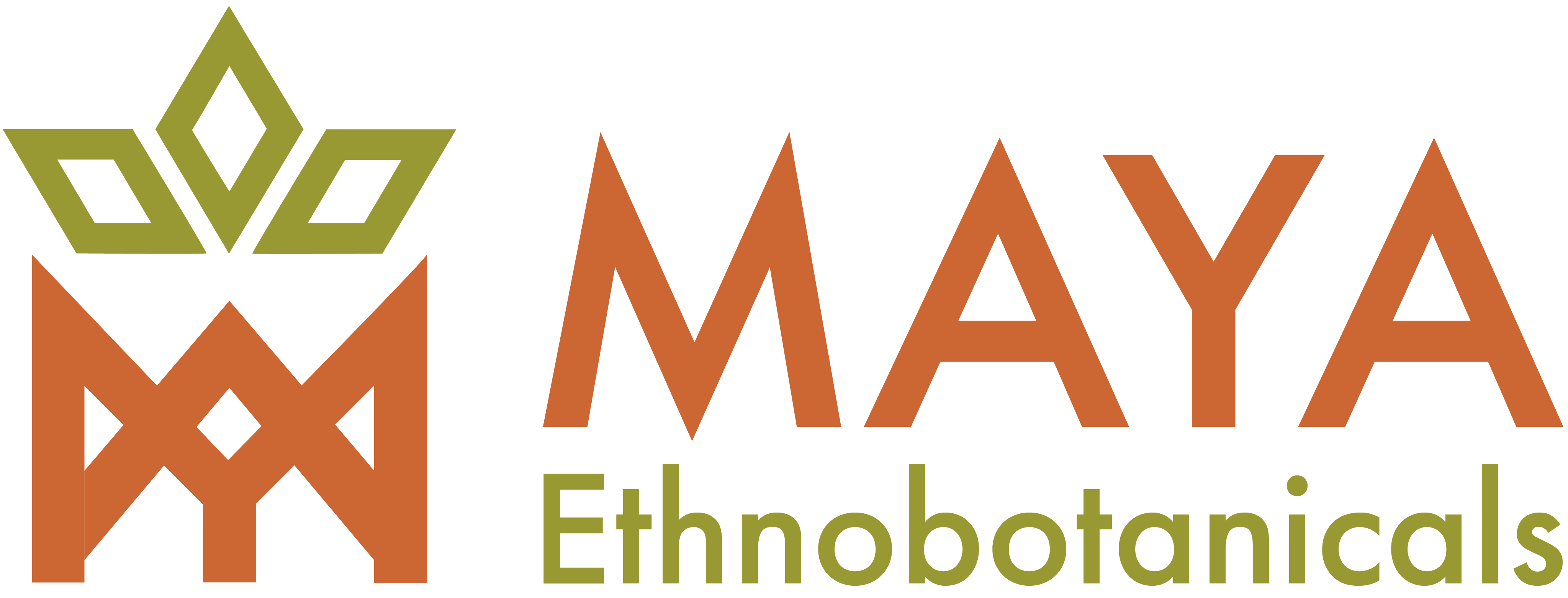
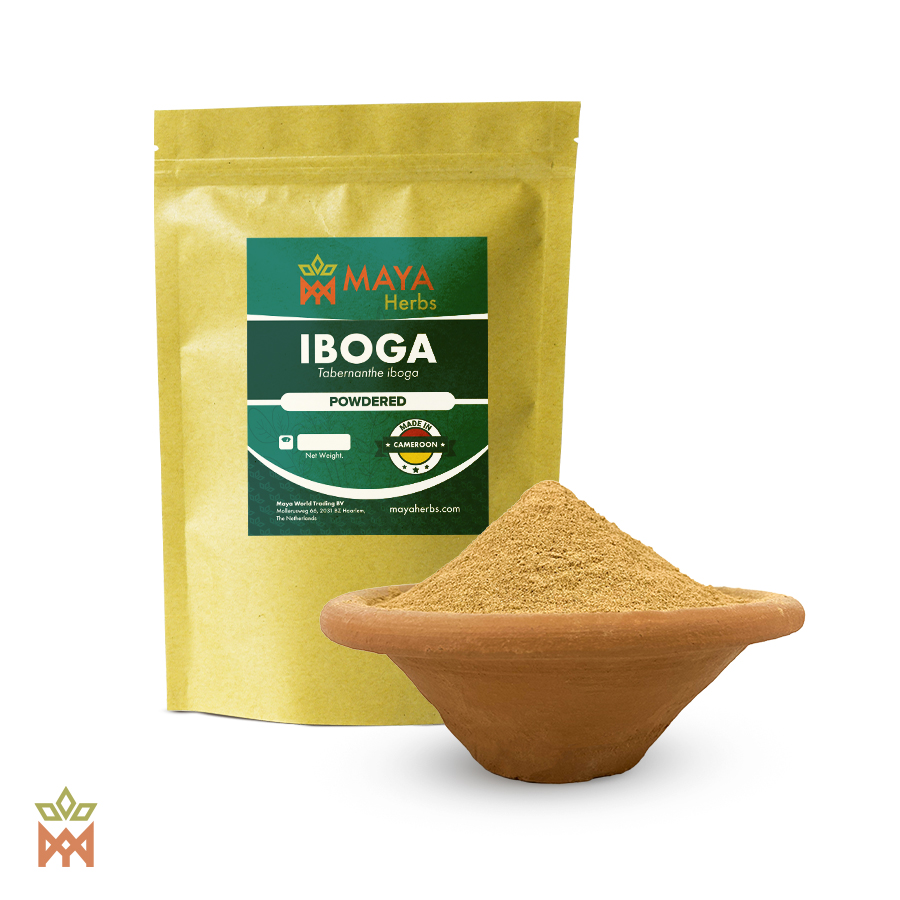
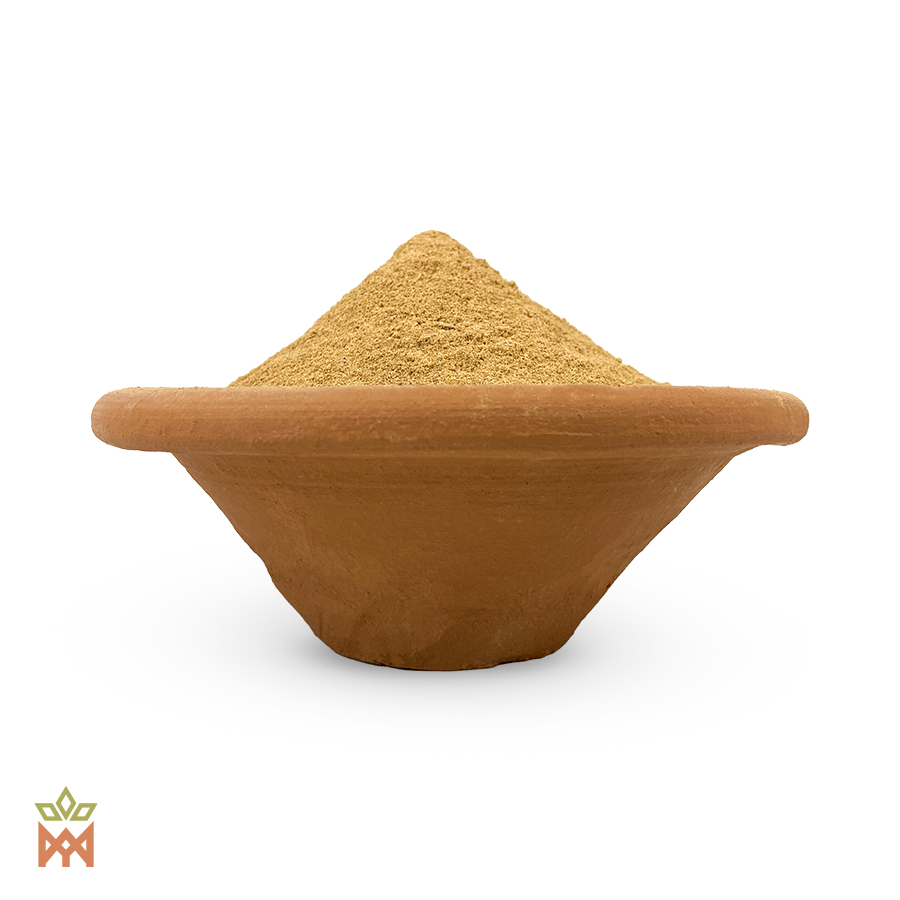
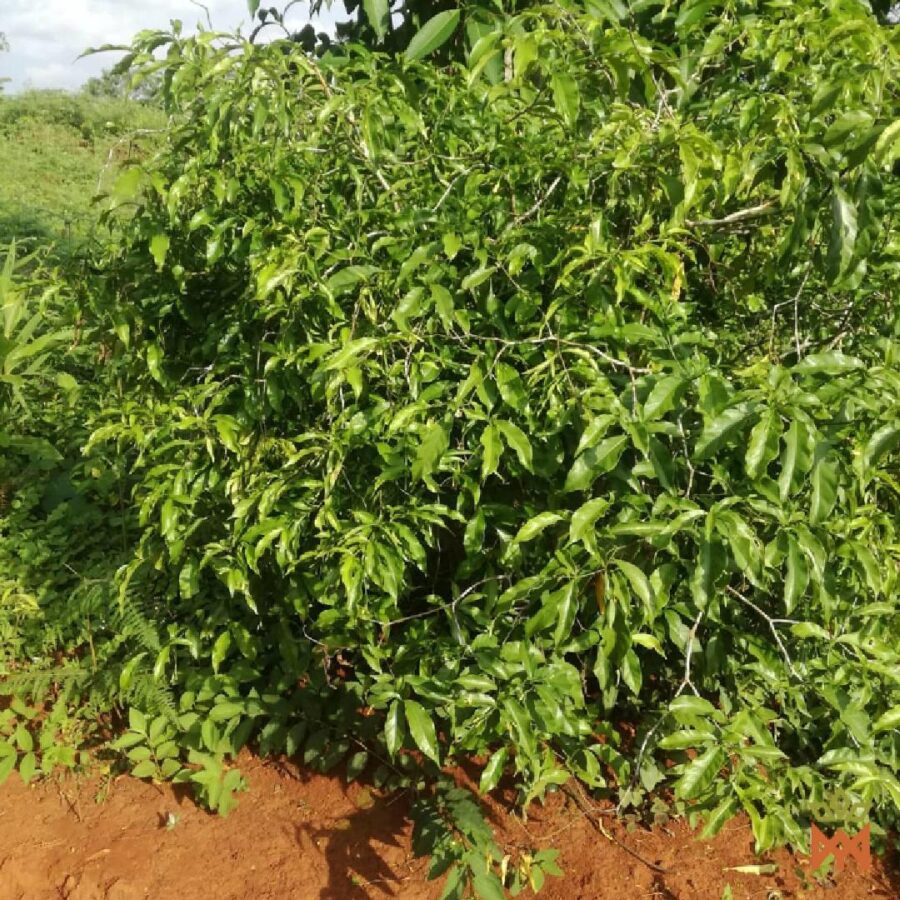
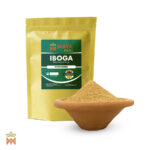

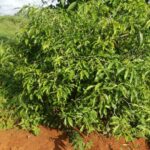

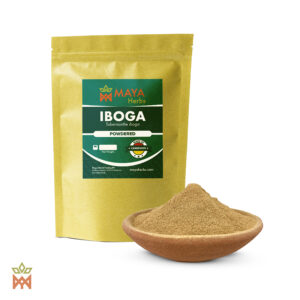
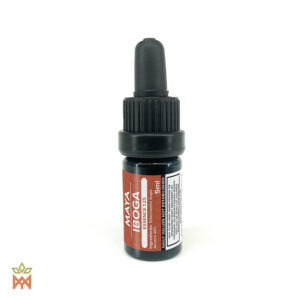
Reviews
There are no reviews yet.